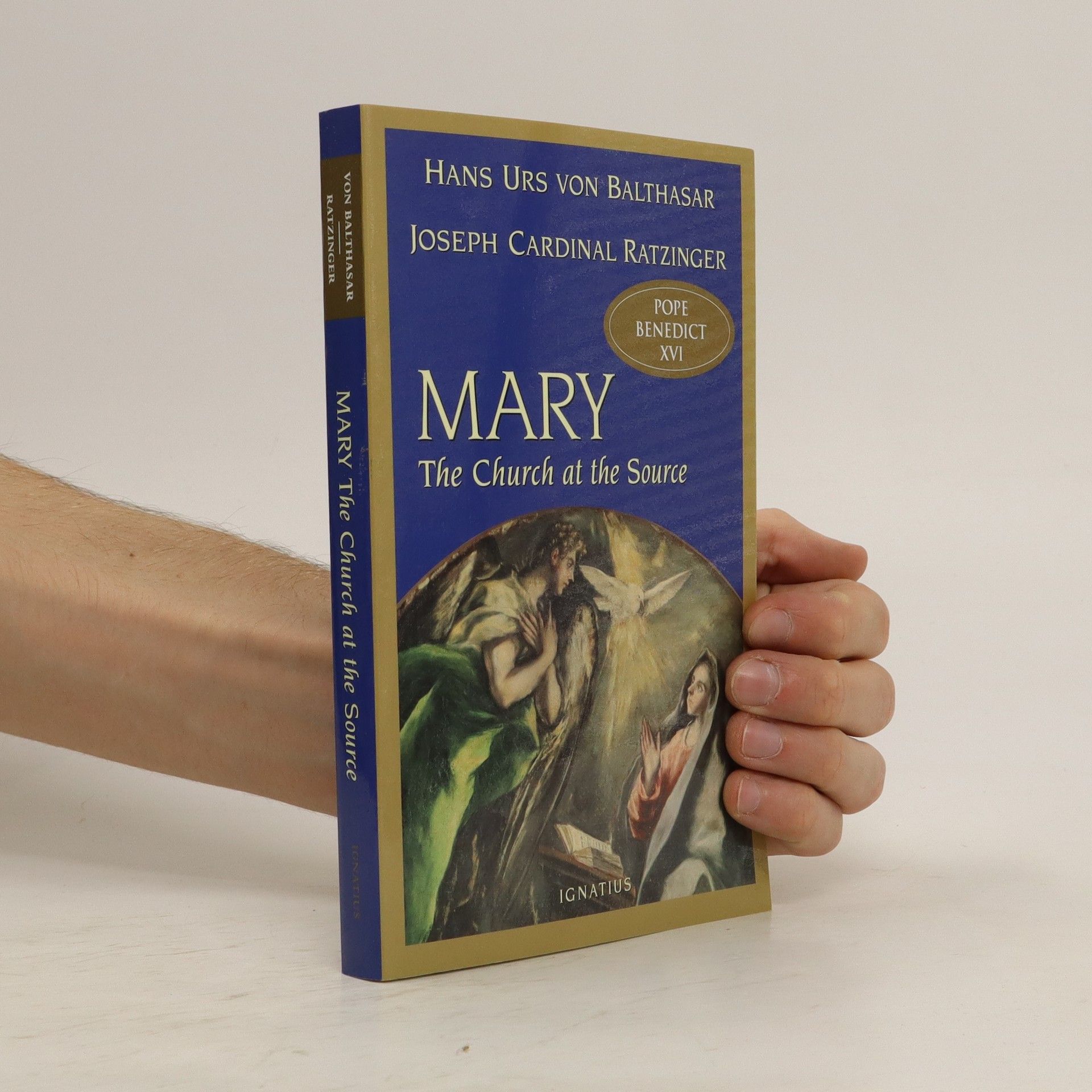The Glory of the Lord: A Theological Aesthetics Volume 1
- 700 pages
- 25 hours of reading
The work opens with a critical review of developments in Protestant and Catholic Theology since the Reformation which have led to the steady neglect of aesthetics in Christian theology. From here, von Balthasar turns to the central theme of the volume: the question of theological knowledge. He re-examines the nature of Christian believing (here he quickly draws widely on such theological figures as Anselm, Pascal and Newman) which gives due place to the particular kind of 'knowing' which develops within the personal relationship to the believer to the God mediated through the revelation-form of Jesus Christ







